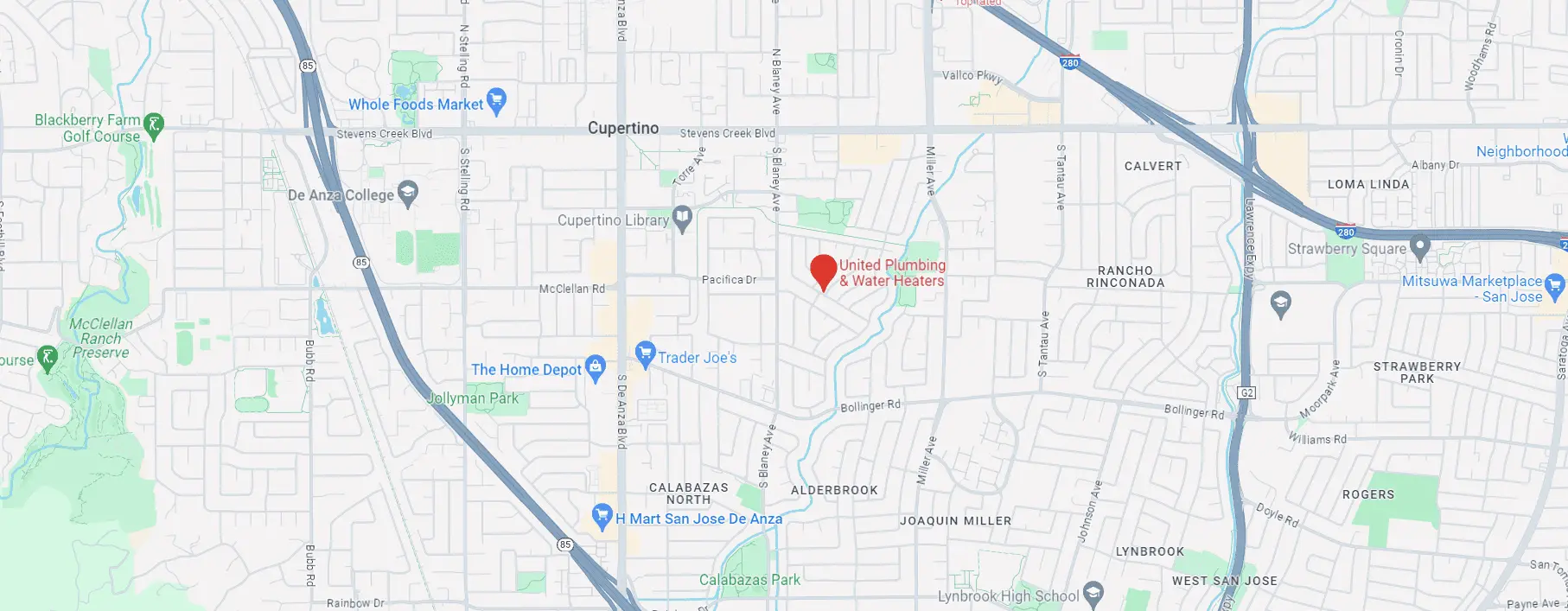Protect your water heater: how to prevent limescale and corrosion
A water heater is a crucial appliance in any household, providing hot water for various daily activities. However, over time, water heaters can fall victim to scale and corrosion, leading to reduced efficiency, increased energy consumption, and ultimately, system failure. In this article, we’ll explore the causes of scale and corrosion in water heaters and provide a comprehensive checklist to help you prevent these issues and extend the life of your water heater.
Understanding Scale and Corrosion:
Scale: Scale is the accumulation of minerals, primarily calcium and magnesium, that form a hard, insulating layer on the inside of the water heater tank. This layer reduces the heat transfer efficiency, forcing the heater to work harder to maintain water temperature.
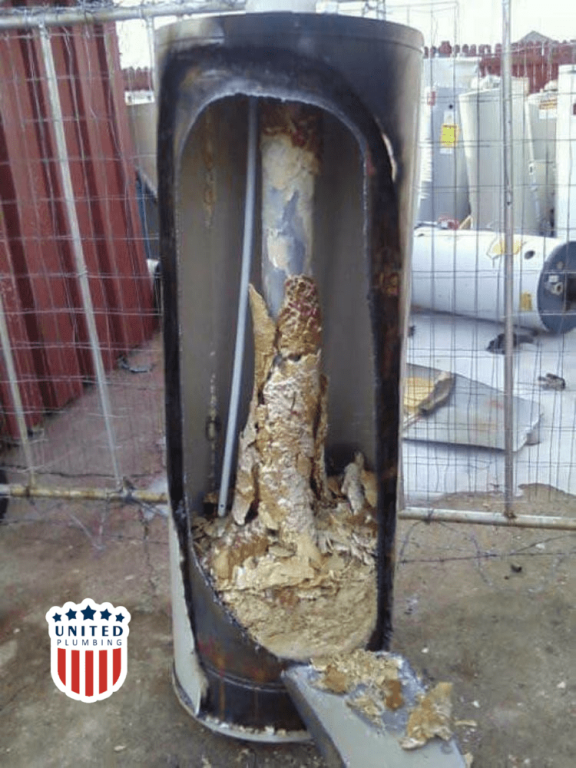
Corrosion: Corrosion occurs when the metal components of the water heater, such as the tank or heating elements, react with oxygen and water to form rust. Corrosion weakens the structural integrity of the water heater and can lead to leaks or even complete system failure.
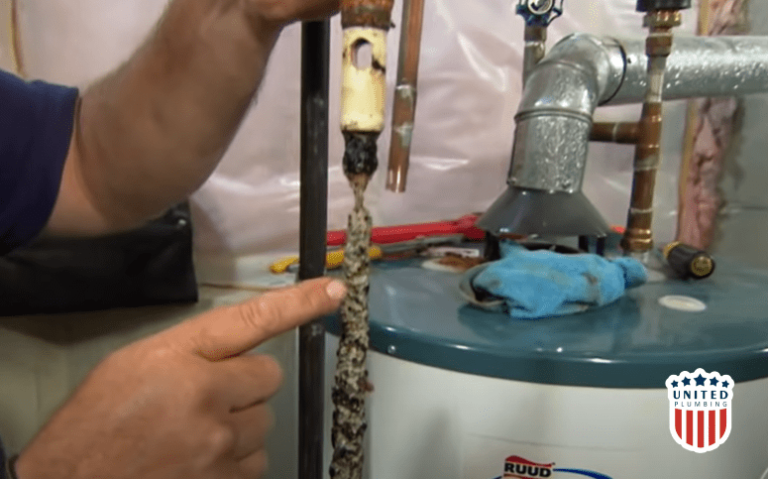
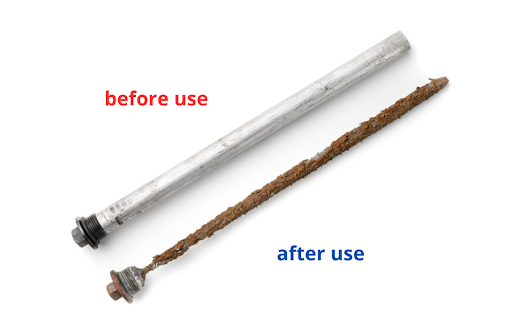
Preventive Measures: Checklist for Water Heater Maintenance:
- Water Softening:
Install a water softener to reduce the hardness of the water.
Regularly check and replenish water softener salt levels.
- Anode Rod Inspection:
Inspect the sacrificial anode rod annually.
Replace the anode rod if it is significantly corroded or less than half its original size.
- Temperature Setting:
Set the water heater temperature to a safe and efficient level (typically around 120 degrees Fahrenheit or 49 degrees Celsius).
- Flush the Tank:
Drain and flush the water heater tank annually to remove sediment and prevent scale buildup.
Follow the manufacturer’s instructions for proper flushing.
Pressure Relief Valve:
Test the pressure relief valve periodically to ensure it is functioning correctly.
Replace the valve if it is leaking or not operating as intended.
Regular Inspections:
Conduct visual inspections of the water heater for signs of rust or corrosion.
Check for leaks around fittings and connections.
Water hardness Testing:
Periodically test the water quality to ensure it meets recommended standards.
Consider installing a water filter if necessary. Поставить фото (цвет
Regular Maintenance:
Follow the manufacturer’s maintenance guidelines.
Inspect and clean the heating elements if applicable.
Install a Water Softening Device:
Consider installing a water softening device to reduce mineral deposits.
Choose a device that suits your water hardness level. Read more here!
Professional Inspection:
Schedule a professional inspection of your water heater at least once every two years.
Hire a qualified technician to assess the overall condition and performance of the system.
By taking proactive measures and following a comprehensive checklist for water heater maintenance, you can significantly reduce the risk of scale and corrosion, ensuring the longevity and efficient operation of your water heating system. Regular inspections, proper temperature settings, and addressing issues promptly are key to preventing costly repairs and replacements in the long run. Remember, a well-maintained water heater not only saves you money but also contributes to a more sustainable and energy-efficient home.
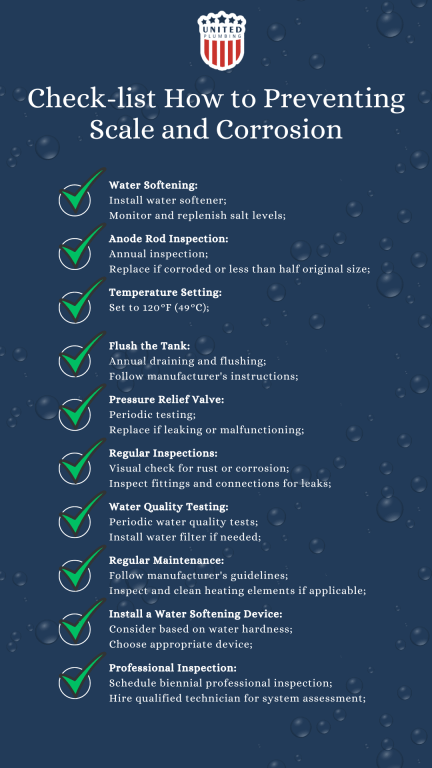
Post views: 988

